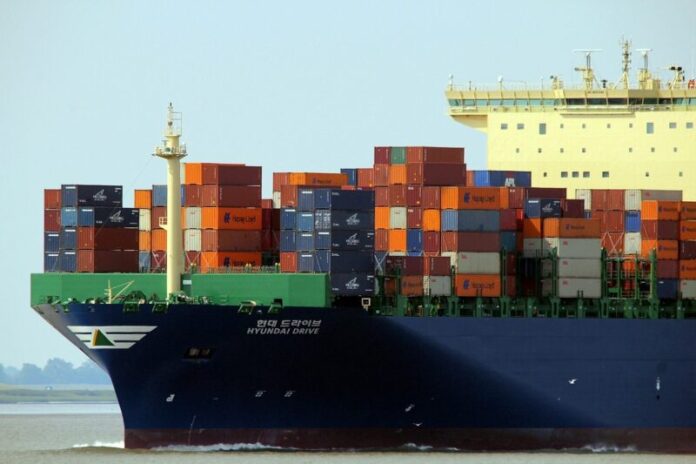
-
The Regional Comprehensive Economic Partnership will take effect in the Philippines on June 2
-
The instrument of ratification was deposited to the Secretary-General of Association of Southeast Asian Nations on April 3 and takes effect 60 days after, or on June 2
-
The Office of the President will issue an executive order and the Bureau of Customs a customs memorandum order to implement the mega-trade agreement
The Regional Comprehensive Economic Partnership (RCEP) will take effect in the Philippines on June 2, according to an official of the Department of Foreign Affairs (DFA).
The instrument of ratification was deposited to the Secretary-General of Association of Southeast Asian Nations (ASEAN) on April 3 and takes effect 60 days after, or on June 2, according to Anthony Aguirre, acting director of DFA International Economic Policy and Negotiations/World Trade Organization Division, during the Senate Special Oversight Committee on RCEP hearing on April 18.
The Senate ratified the mega trade deal on February 21 via Senate Resolution No. 485.
RCEP is a free trade agreement (FTA) between the 10 member states of ASEAN and its five FTA partners (Australia, China, Japan, New Zealand and Republic of Korea). It was signed on November 15, 2020 after years of negotiation that began in 2012.
The trade deal covers a market of 2.2 billion people with a combined size of US$26.2 trillion or 30% of the world’s gross domestic product.
RCEP is designed to improve market access with tariffs and quotas eliminated in over 65% of goods traded, and will make business predictable with common rules of origin and transparent regulations.
Trade and Industry assistant secretary and the Philippines’ RCEP chief negotiator, Allan Gepty, during the same hearing, said in preparation for the implementation of the RCEP in the country, the Office of the President will be issuing an executive order and the Bureau of Customs (BOC) a customs memorandum order (CMO) to implement the agreement.
Gepty said they have already finalized the draft EO for approval by the National Economic and Development Authority (NEDA) Board, chaired by President Ferdinand Marcos, on April 20.
For synchronization purposes all issuances on RCEP, the EO and BOC’s CMO will also take effect on June 2, Gepty said.
Aside from the legal issuances, the trade official said they are considering other programs to be implemented in support of the RCEP implementation, including the conduct of an international trade forum, tentatively set on June 9.
The forum will convey that “we want to empower Philippine industries” through RCEP and other FTAs and preferential trade agreements, Gepty said. The 2023-2028 Philippine Export Development Plan will be launched during the same day.
DTI will also conduct strategic trade education and advocacy campaigns about the trade deals.
In addition, FTA guidebooks and information materials will be made.
Gepty said an import monitoring system will likewise be launched on the fourth week of May to detect surges in importation of products.
Agriculture undersecretary for policy, planning, and regulations Mercedita Sombilla said they already submitted to the Department of Trade and Industry their strategic implementation plan. This includes, among others, issuing guidelines to all operating units to ensure that their plans, projects, and programs support the RCEP and improve the production of the 33 agri-fishery lines, whose tariffs have been affected by the agreement.
BOC assistant commissioner Vincent Philip Maronilla, for his part, said BOC is ready for RCEP’s implementation.




